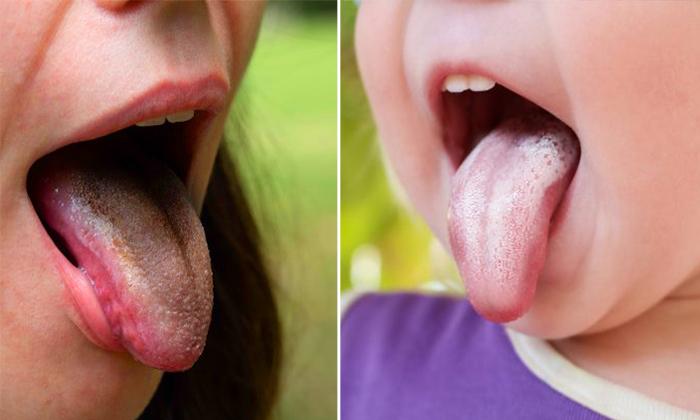Since ancient times, the aloe vera plant has been used around the world to treat a number of ailments. Ancient Egyptians called aloe vera “the plant of immortality,” and the Egyptian queens Cleopatra and Nefertiti used it for their skin. Native Americans referred to it as the “burn plant” or the “medicine plant,” and they used aloe vera primarily as a healing salve for burns and cuts.
Aloe vera gel may look plain, but it is loaded with an impressive array of vitamins, minerals, and fatty acids. It contains vitamins A, B12, C, and E, along with folic acid and choline. The gel also hosts a number of minerals, including calcium, magnesium, potassium, and zinc. Finally, aloe vera gel also contains healthy fatty acids. All of these work together to provide impressive effects on human health and here are 9 of them:





